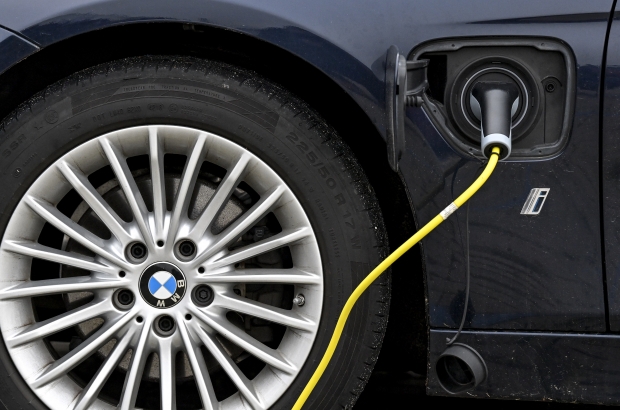- Daily & Weekly newsletters
- Buy & download The Bulletin
- Comment on our articles
Almost 1 in 3 new cars in Belgium is hybrid or electric
Nearly 1 in 3 new cars in Belgium is hybrid or electric, but delivery times continue to lengthen amid ongoing supply chain issues stemming from the pandemic. There are wait times of over a year for some new vehicles.
Approximately 31.6% of new cars registered in Belgium in the first half of 2022 are hybrid or electric, according to figures from mobility federation Febiac. This compares to 23.4% in 2021 and 6.4% in 2019.
While the figures for electric or hybrid cars are rising, overall new car sales are declining: during the first six months of 2022, 195,387 new cars were registered in Belgium, a decrease of almost 16% compared to the beginning of last year.
Companies and the self-employed are playing a major role in driving the switch to electric or hybrid. They increasingly choose these vehicles over their higher polluting counterparts in order to take advantage of a 100% tax deduction.
These two buying groups account for the largest share of new cars registered in Belgium (61.8%).
Of the more than 120,000 new cars that companies and the self-employed registered in the first half of this year, 40% were hybrid or electric and 8.8% were fully electric. Gasoline engines still account for 37% of the market share, with diesel accounting for 22.7%.
Private buyers slower to switch to hybrid or electric
The shift to electric or hybrid is coming more slowly when it comes to private individuals. While they registered almost 75,000 new cars at the beginning of this year, only 18% were hybrid and just 3.3% were fully-electric.
This is most likely because these vehicles tend to be more expensive than those with petrol or diesel engines, especially without the business-related tax break.
But automobile makers are finding it difficult to meet the record demand for electric cars and potential buyers are faced with extremely long wait times. The pandemic led to a worldwide shortage of parts and waiting times have been increasing ever since.
“Depending on the model and type you want, you currently have to wait several months to a year for a new car,” Gabriel Goffoy of Febiac told VRT.
Alain Devos, editor-in-chief of Autogids, said that a quick delivery has become “an exception” today.
“A few months of waiting still seems optimistic to me, in quite a few cases it's already more than a year,” Devos said.
“But of course this is not always communicated to the customer in that way. Dealers themselves often don't know how long they will have to wait for certain parts.”
Many car parts in short supply
Despite the fact that the production of electric cars requires more difficult-to-source parts, such as the semiconductor chips currently in such short supply, they are sometimes still delivered faster than diesel or gasoline cars.
“Constructors choose to produce models that can earn the most money, and so sometimes those electric cars are even given priority,” Devos explained.
Febiac expects the wait times and part shortages for automakers to clear up by 2024: “But 2024 is also a long way off, so for people who urgently need a new car, that's meagre consolation.”

















